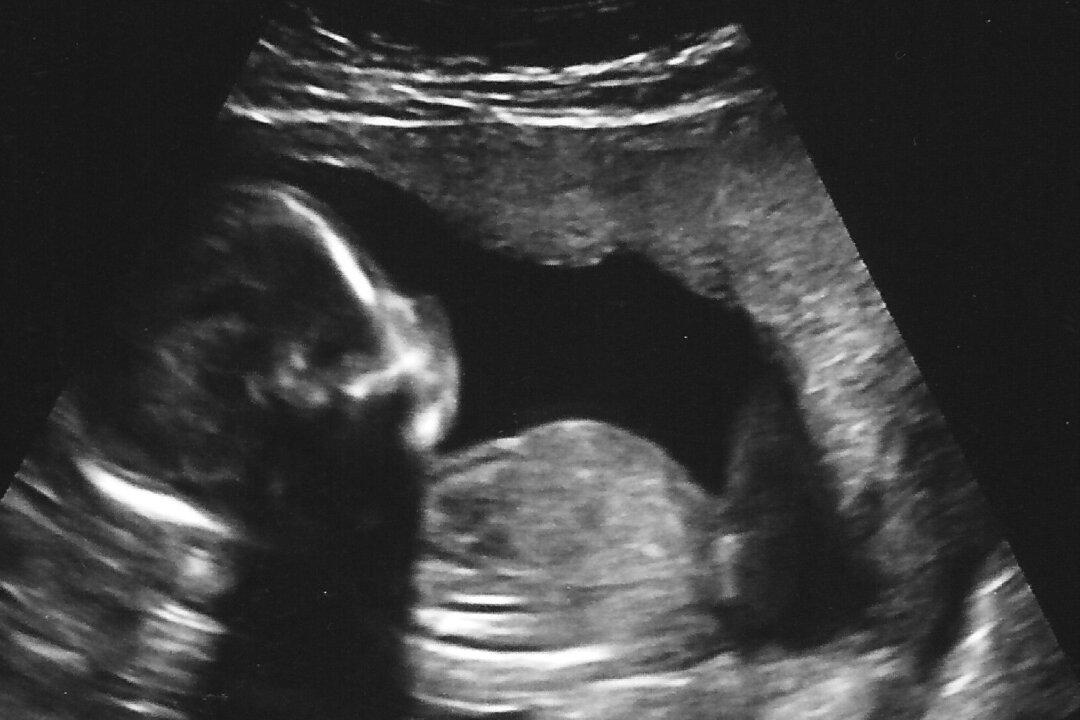Mississippi Republican Gov. Phil Bryant, a Republican, signed a bill on March 21 that bans abortions in the state after a fetal heartbeat is detected.
That typically takes place around six weeks after conception.


That typically takes place around six weeks after conception.